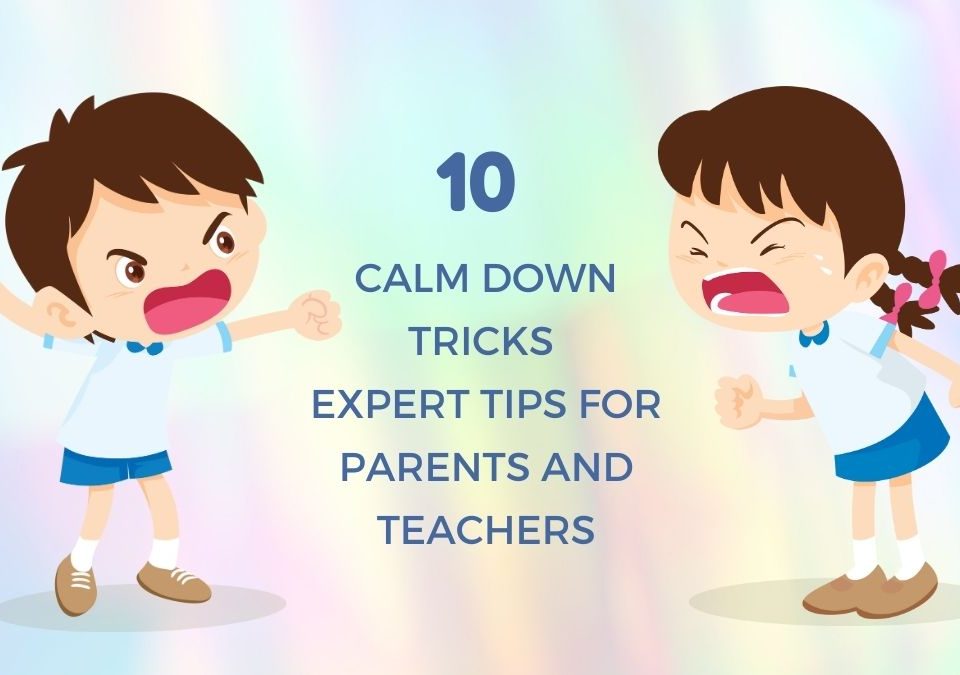
Change: how do children cope?

Self-Esteem: Your Child’s Best Armour Against Danger

What kind of parent are you – an encourager or an intimidator? The encourager stresses working towards a certain goal. The intimidator stresses winning. For this kind of parent, “It’s the results that count… not the effort, not the intentions.”

And what results! Useless deaths. You have heard about graduating college students resorting to suicide for not graduating with honours in a family of medalists or in another case, for failing to graduate at all. Those who choose to live become obsessive about reaching the top, even at the expense of others. Some are immobilized – afraid to try unless success is guaranteed.
Naturally, the one encouraged first is happy about the praises heaped on him or her. But when you give him or her the opposite, the reactions would be: disbelief, anger…and later, self-doubt. Somehow, all those discouraging comments get to you.
That exercise made us step back and examine the atmosphere you create at home. Is it encouraging or downgrading? Are you an encourager or an intimidator? Note that your targets are parent-volunteers, so they were aware that this was some sort of exercise, yet it affected their self-esteem. Imagine how a string of negative messages or put-downs can affect an insecure child?
Encouragement is not the same as pampering though. Pampering means regularly doing something the teenagers can do for themselves such as fixing their room, preparing lunch, or even waking up. Overindulgence makes a child irresponsible. Overprotection makes kids dependent on others.
Praising is not encouragement. Praise is a reward given for an achievement. It fosters competition and fear of failure. Encouragement is given for effort and improvement. It fosters cooperation and self-esteem. It inspires confidence and acceptance.
Of course, you should give praise when it is due. But encouragement does not thrive on praises alone. A child can tell empty praises from real ones. Besides, there is danger that a child hungry for praise will merely conform to please and won’t feel okay unless praised. Encouragement means emphasis on strengths and assets, other than faults. It is non-judgmental – accepting the level of accomplishment of each child.
Unrealistic expectations could be stressful to a child. If circumstances or physical inability prevents him or her from fulfilling certain expectations, then you can’t say, “You can do it.” The kid would be bound for certain disappointment. It’s just like saying “It won’t hurt” when an injection really hurts. You can’t fool children.
Sometimes, you have to help your children set realistic goals. When one of the kids wants to enter a contest, you’re all out rooting for him or her – whether it’s an art contest, a science contest, or whatever. Some kids start counting their prizes even before they submit their entries. In those cases, you explain the odds and make the project so much fun that it is the effort that counts.
Other discouraging family practices you learned at seminars are: permissiveness (which makes a child unconcerned about others’ rights), inconsistent discipline (results in feeling that life is unfair) and denial of feelings. A person who is not in touch with his or her own feelings can never relate to others.
“Poor you,” mothers often say to a child after bumping his or her head. Sometimes, parents even go to such lengths as spanking the object that caused pain to appease the crying child. It’s not funny. It’s stupid. Pity breeds a discouraging family atmosphere. It does not help build confidence in the child.
When your kids come to you for help, be glad. Don’t shoo them away by lecturing:
-
“Is this the best you can do?”
-
“I don’t want to see line of 7s or Cs.”
-
“With these grades, you don’t deserve to go to school! Why should I spend thousands if you don’t care to study? Do you still want to go to college or not?”
-
“What’s your ambition in life? To be a janitor?”
-
“Don’t ask stupid questions. Use your common sense.”
-
“You should know better.”
Most of these are recordings in your minds, handed down to you by your parents and their parents. It’s about time you got out of that mode and reprogramme yourself by consciously creating an encouraging environment at home.
It is not the one-sided “Honour thy father and mother.” Each family should work out their own “Treaty of Friendship, Cooperation and Security”, with children given the opportunities to give opinions, participate in decisions, and take on responsibilities according to their capabilities.
“Don’t expect to change your teenager.” The beginning of change is to accept one’s mistakes. Saying sorry to your children can do wonders in bridging the generation gap. It is only human to let the children know, “Hey, kids! Parents need some encouragement too!”
Cecile Burton

I am a preschool and primary school teacher and mum to 3 children. I have been involved in education since 1997 and have trained in a variety of educational specialist areas. It is with this expertise that I write articles to help parents and educators provide quality learning experiences for the children in their care.




